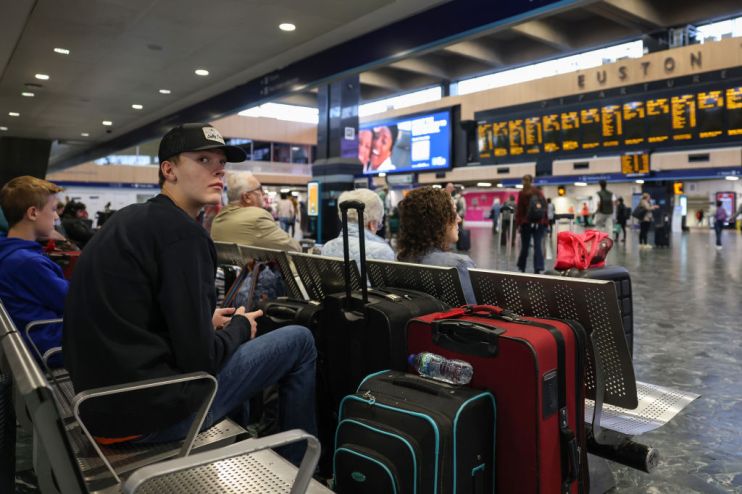EU could spark row with UK over strike laws which breach Brexit deal

EU bureaucrats reportedly could launch a formal dispute with the UK after the government’s strike laws came into force, which they argue breach the Brexit deal on workers’ rights.
According to the Telegraph, officials in Brussels have expressed concerns Britain could be breaching the terms of the free trade agreement (FTA) with minimum service levels rules.
Brought in by Rishi Sunak last year, the legislation permits transport operations to mandate workers to clock in for shifts – even during strikes – so they can run 40 per cent of services.
But the European Union (EU) raised concerns about the measures, the Telegraph reported, as they could be seen to limit workers’ rights in a way banned by the terms of the FTA.
The UK agreed in December 2020 not to lower labour standards below pre-Brexit levels, when signing up to the deal with the European trading bloc – despite Germany, France, Spain and Italy also having minimum service level laws, which have not been enforced.
Operators have not used the new powers, including during last week’s train strikes, after LNER attempted to impose the rules but gave up after Aslef union called an extra strike.
But officials reportedly rowed over the move in London last year, with the EU said to have “expressed concern” and Brits insisting Sunak’s strikes crackdown was “compliant”.
The Telegraph said an EU source told them the European Commission was “looking into” further action, although it is understood legal action is not being considered at this time.
It comes as some Tory MPs have shared fears over the new deal with Northern Ireland potentially tying the UK into more EU regulation.
While Labour have previously promised to repeal the strike laws, which also apply to nurses, teachers and firefighters.
A Department for Business and Trade (DBT) spokesperson said: “The Minimum Service Legislation is compatible with all our international trade obligations – many members of the EU already have Minimum Service Levels legislation in place covering a broad range of services.
“We’ve been clear that there needs to be a reasonable balance between the right of workers to strike and the rights of the public, who work hard and expect essential services that they pay for to be there when needed.”
